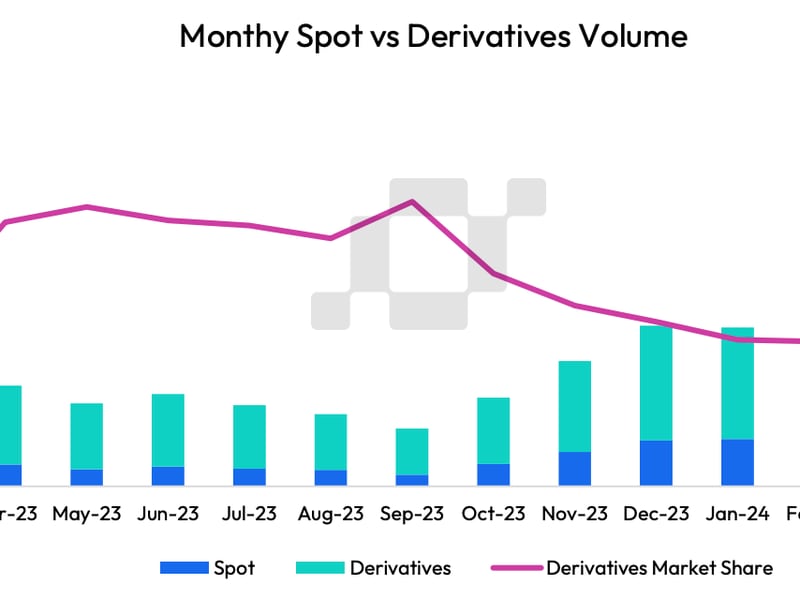Drug Dealers Who Used Crypto Sentenced to Prison

Five drug dealers were sentenced Monday to prison terms ranging from 5-20 years for their roles in distributing various illegal drugs, at least in part using cryptocurrencies.
California-based Wyatt Pasek was sentenced to 17.5 years in prison for selling counterfeit opioid pills, while Arizona-based Kevin Dean McCoy, Silvester Ruelas, Amber Worrell and Peggy Gomez were sentenced to a variety of prison terms for selling heroin, methamphetamine and cocaine on dark web marketplaces. All of the defendants transacted with cryptocurrencies, according to court filings and press releases.
Pasek, also known as “oxygod” and “Yung10x” on online marketplaces, pleaded guilty last November for participating in a drug-trafficking conspiracy, money laundering and illegal possession of a firearm, according to a statement from the U.S. Attorney’s Office for the Central District of California. As part of a plea agreement, Pasek will turn over $21,000 in cash, a “gold and diamond bitcoin necklace,” a diamond-studded watch, two gold bars and “thousands of dollars” in bitcoin and other cryptocurrencies held in a Blockchain wallet.
In addition, McCoy, Ruelas, Worrell and Gomez pleaded guilty to money laundering charges; according to a press release, they used peer-to-peer exchanges to sell cryptocurrencies as part of this effort.
Authorities seized gold, silver and platinum bars, as well as a Seattle Seahawks Super Bowl ring, an AK-47 (built by Texas Weapons System), a Mossberg 12-gauge shotgun and a .50 caliber sniper rifle, Monday’s release, by the U.S. Attorney’s Office for the District of Arizona explained.
The Arizona defendants sold drugs using AlphaBay, Hansa and Dream Market, which all allowed for transactions conducted using cryptocurrencies (AlphaBay and Hansa were shut down in 2017, while Dream Market shuttered its virtual doors earlier this year).
In a statement, Drug Enforcement Administration special agent Doug Coleman said “Drug traffickers using the dark web feel a sense of security with the anonymity to sell their poisons throughout the world,” adding:
“This investigation clearly demonstrates they aren’t safe, they aren’t anonymous, and they can’t evade justice.”
Monday’s sentences come days after the White House published a number of advisory notes stating that cryptocurrencies – including bitcoin, bitcoin cash, ethereum and monero – are being used for illicit drug transactions. The advisories include instructions on how to track payments using wallet and IP addresses, as well as transaction hashes.
The advisories were published simultaneously with the U.S. Treasury Department’s Office of Foreign Assets Control’s announcement that three Chinese citizens were being added to the Specially Designated Nationals list for shipping synthetic opioids to the U.S. Nearly a dozen bitcoin (and one litecoin) addresses were included on the blacklist.
Pills photo via Shutterstock










